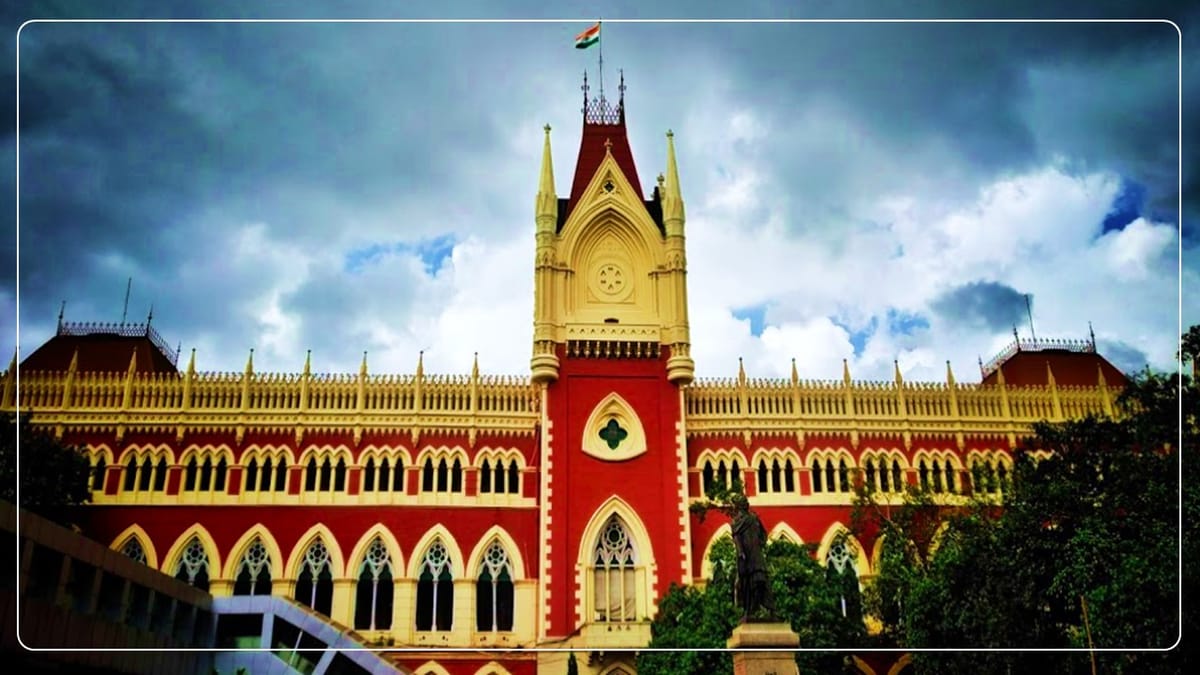Reetu | Sep 24, 2023 |

GST Department cannot issue notice to Lawyer for seeking client information: HC
The High Court of Calcutta in the matter of HIMANGSHU KUMAR RAY Vs. STATE OF WEST BENGAL said that GST Department cannot issue notice to Lawyer for seeking client information.
A Division bench of T. S. Sivagnanam, CJ., and Hiranmay Bhattacharyya, J., held that the third party’s appeal against the order in relation to the GST fraud investigation is maintainable. The Court also emphasised the importance of conducting thorough investigations in cases of revenue fraud rather than issuing standardised notices.
The current case involved three distinct issues, all of which stemmed from a single judge’s order dated 03-04-2023. Even though he was not a party to the original writ application, the applicant filed the first application and sought leave to appeal the impugned order. The order, according to the applicant, had a significant impact on him. The Court granted the applicant leave to file an appeal against the impugned order dated 03-04-2023.
The appellants filed a second application, requesting that their 32-day delay in filing their appeal be excused. The Court considered the explanation provided in the application and determined that the delay was sufficiently justified, so it excused the delay and allowed the appeal.
The petitioner, a practising advocate/ Lawyers and a third party to the writ proceedings, filed an intra-court appeal against the same impugned order dated 03-04-2023 in the third application. The State argued that the appeal by a third party was not maintainable because criminal proceedings had already been initiated based on the writ petition’s directions, and thus the appeal was not maintainable.
The Court considered the issue of maintainability and concluded that the third party’s appeal was indeed maintainable. The Court cited attorney-client confidentiality as a reason, noting that the police and GST departments had withdrawn notices sent to advocates / Lawyers requesting client information.
A communication is privileged if it is made by a client to a legal advisor after the commission of a crime and with a view to his defence, but it is not privileged if it is made before the commission of the crime or wrong and with the intent of being guided or assisted in furthering or committing it.
The Court clarified that the directions in the impugned order were to investigate fake cases, and that the Anti-Fraud Department had misinterpreted the scope of these directions. Rather than issuing standardised notices, the Court emphasised the importance of conducting thorough investigations into specific cases. According to the Court, any conclusion of criminal activity should be based on a thorough examination of documents and compliance with the law.
The Court ordered the GST authorities to conduct a thorough investigation and study to determine any illegal GST claims. If criminal activity was discovered, the Court directed the appropriate investigation authorities to proceed in accordance with the law.
For Official Judgment Download PDF Given Below:
In case of any Doubt regarding Membership you can mail us at [email protected]
Join Studycafe's WhatsApp Group or Telegram Channel for Latest Updates on Government Job, Sarkari Naukri, Private Jobs, Income Tax, GST, Companies Act, Judgements and CA, CS, ICWA, and MUCH MORE!"